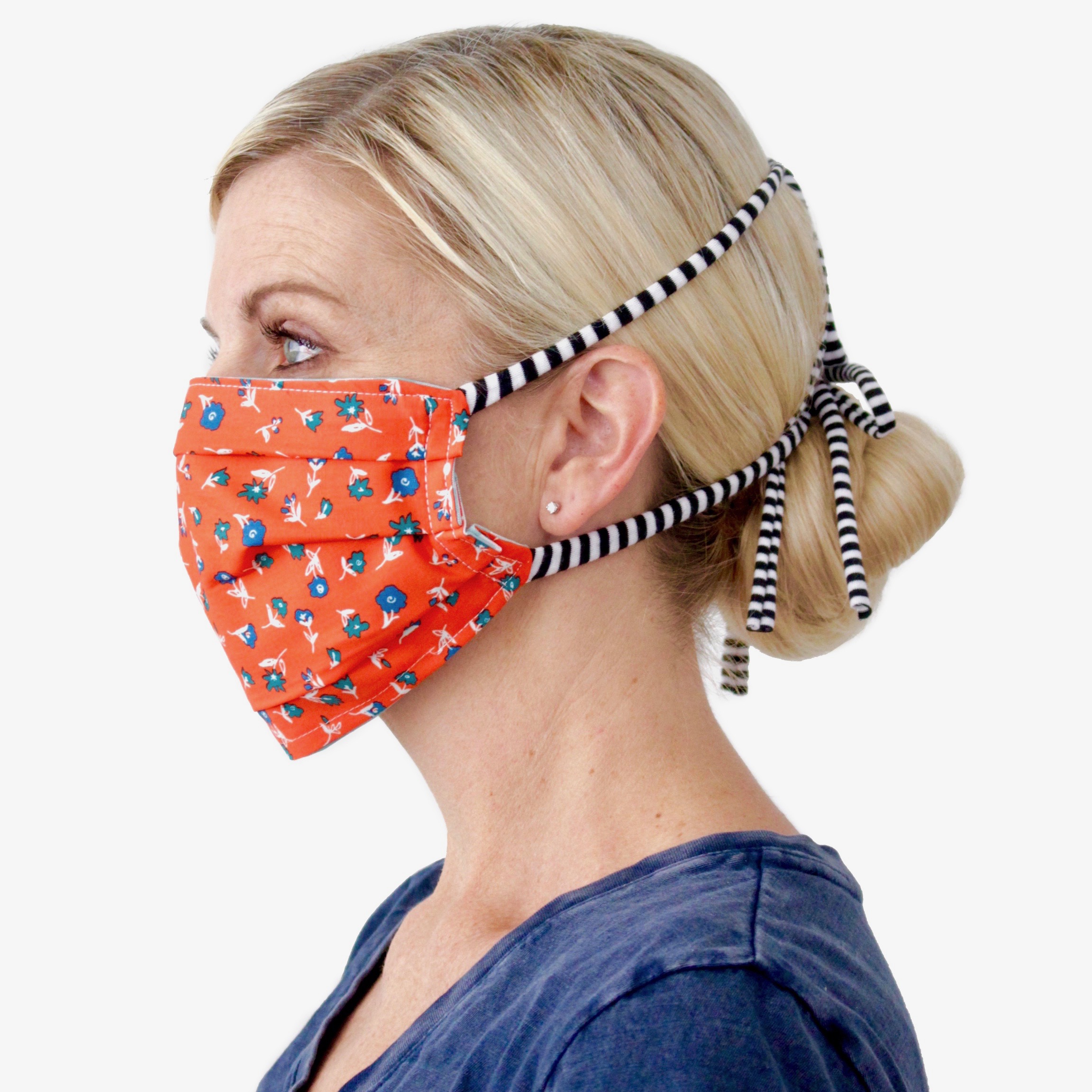Common Questions About Corona virus
How dangerous is COVID-19?
Although for most people COVID-19 causes only mild illness, it can make some people very ill. More rarely, the disease can be fatal. Older people and those with pre- existing medical conditions (such as high blood pressure, heart problems or diabetes) appear to be more vulnerable.
Which are the first symptoms of coronavirus disease?
The virus can cause a range of symptoms, ranging from mild illness to pneumonia. Symptoms of the disease are fever, cough, sore throat and headaches. In severe cases difficulty in breathing and deaths can occur.
Does drinking lots of water help flush out COVID-19?
There is no evidence that drinking lots of water flushes out the new corona virus or the
stomach acid kills the virus. However, for good health in general
people should have adequate water every day for good health and to prevent dehydration.
Can coronavirus disease spread through sewage?
There is no evidence that the COVID-19 virus has been transmitted via sewerage systems with or without wastewater treatment.
What can I do on a daily basis to stay healthy during the COVID-19 pandemic?
Keep to your regular routines as much as possible and maintain a daily schedule for yourself including sleeping, meals and activities. Stay socially connected. Speak to loved ones and people you trust every day or as much as possible, using the telephone, video-calls or messaging, through writing letters, etc. Use this time to share your feelings and to do common hobbies together. Be physically active every day. Reduce long periods of sitting and set up a daily routine that includes at least 30 minutes of exercise. Make sure to do activities that are safe and appropriate for your level of physical fitness as indicated by your health-care worker. You can use household chores as a way to keep physically active.
Are the elderly more vulnerable to the corona virus disease?
The COVID-19 pandemic is impacting the global population in drastic ways. In many countries, older people are facing the most threats and challenges at this time.
Although all age groups are at risk of contracting COVID-19, older people face significant risk of developing severe illness if they contract the disease due to physiological changes that come with ageing and potential underlying health conditions.
What can be done to help the elderly during the corona virus disease pandemic?
Support for older people, their families and their caregivers is an essential part of the countries’ comprehensive response to the pandemic. During times of isolation and quarantine, older people need safe access to nutritious food, basic supplies, money, medicine to support their physical health, and social care.
Dissemination of accurate information is critical to ensuring that older people have clear messages and resources on how to stay physically and mentally healthy during the pandemic and what to do if they should fall ill.
How can I protect myself and others when using disinfectants?
Disinfectant solutions should always be prepared in well-ventilated areas. Wash your hands after using any disinfectant, including surface wipes. Keep lids tightly closed when not in use. Spills and accidents are more likely to happen when containers are open. Do not allow children to use disinfectant wipes. Keep cleaning fluids and disinfectants out of the reach of children and pets.
Throw away disposable items like gloves and masks if they are used during cleaning.




